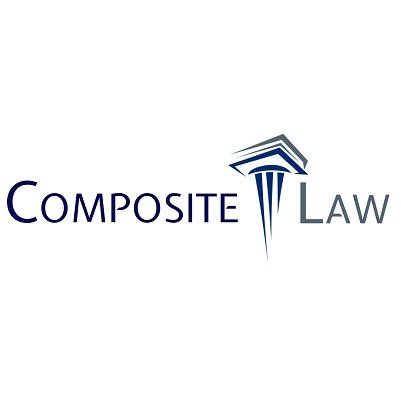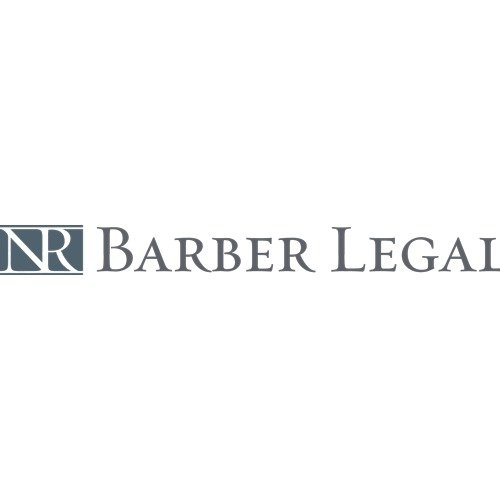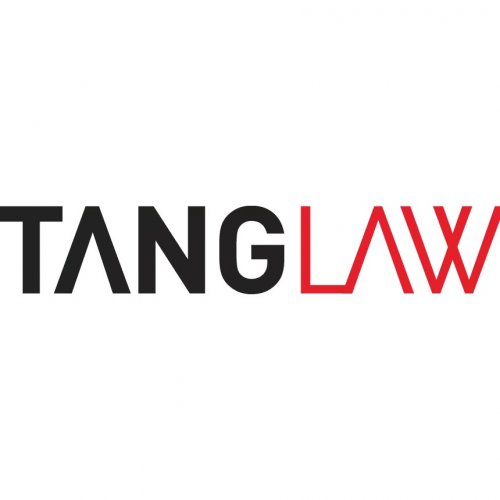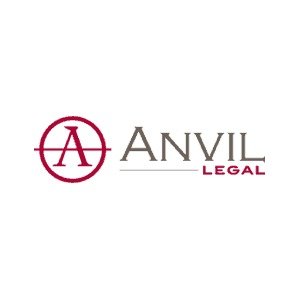Best Trusts Lawyers in Perth
Share your needs with us, get contacted by law firms.
Free. Takes 2 min.
List of the best lawyers in Perth, Australia
About Trusts Law in Perth, Australia
Trusts are a significant component of the legal system in Perth, Australia. They are used as a way to manage, protect, and distribute assets efficiently among beneficiaries. A trust is a fiduciary relationship wherein one party, known as the trustee, holds and manages property or assets for the benefit of another party, called the beneficiary. Trusts law in Perth is guided by both statutory regulations and common law principles, which dictate the formation, administration, and termination of trusts within the region.
Why You May Need a Lawyer
There are several situations where hiring a lawyer specializing in trusts in Perth could be beneficial:
- Creating a Trust: Professional assistance ensures that the trust is set up correctly and in compliance with all legal requirements.
- Tax Planning: A lawyer can provide guidance on the tax implications of a trust, including minimizing tax liabilities for both the grantor and beneficiaries.
- Trust Administration: Lawyers can assist trustees with the ongoing duties, ensuring adherence to trust terms and legal obligations.
- Dispute Resolution: If conflicts arise among trustees or beneficiaries, legal counsel can help resolve these disputes effectively.
- Modifying or Terminating a Trust: Legal expertise is crucial to ensure that any changes to the structure or purpose of the trust comply with relevant laws.
Local Laws Overview
The Trusts Act 1962 (WA) is the primary legislation governing trusts in Perth. This Act provides comprehensive guidance on the creation, operation, and termination of trusts. Key aspects of local laws include:
- Trust Formation: Includes requirements such as the intention to create a trust, identifiable beneficiaries, and clearly defined trust property.
- Trustee Duties: Trustees must act in the best interest of beneficiaries, maintain loyalty, and manage the trust with a reasonable degree of care and skill.
- Beneficiary Rights: Beneficiaries have the right to be informed about their interest and to ensure the trust is managed correctly.
- Tax Considerations: Trusts are subject to specific tax obligations and can offer various tax planning opportunities.
Frequently Asked Questions
What is the difference between a testamentary trust and a living trust?
A testamentary trust is created through a will and takes effect upon the individual's death, whereas a living trust (or inter vivos trust) is established during the individual's lifetime.
Can a trust be changed once it's established?
Depending on the type of trust, it might be possible to amend the terms. Revocable trusts can be altered or revoked, while irrevocable trusts generally cannot be changed without court approval.
What are the tax implications of setting up a trust?
Trusts can offer tax benefits, but they also come with specific obligations, such as filing tax returns and paying taxes on income generated by trust assets. Professional advice is recommended for tax planning.
Who can be a trustee?
A trustee can be an individual or a corporate entity. It's crucial that trustees possess the capacity to fulfill their duties, which include managing the trust effectively and acting in the beneficiaries' best interest.
How can I ensure my trust complies with local laws?
Consulting with a legal professional specializing in trusts can ensure that the trust is valid and adheres to relevant regulations.
What happens if a trustee breaches their duties?
If a trustee fails to fulfill their obligations, beneficiaries may seek legal action to hold the trustee accountable and potentially recover lost assets.
Are there different types of trusts available?
Yes, common types include discretionary trusts, fixed trusts, unit trusts, family trusts, and charitable trusts, each with its own set of rules and purposes.
How does one become a beneficiary of a trust?
Beneficiaries are usually designated by the trust's creator (the settlor) in the trust deed. Being named in the deed is the primary way to become a beneficiary.
Can trusts be used for asset protection?
Yes, trusts are often used as a tool for asset protection, helping to shield assets from creditors and providing financial security for beneficiaries.
What are my rights as a beneficiary?
Beneficiaries typically have the right to receive information about the trust, access financial accounts, and ensure that trustees are fulfilling their duties appropriately.
Additional Resources
For more information or assistance, consider reaching out to the following:
- The Law Society of Western Australia: Offers resources and referrals for legal assistance.
- Australian Taxation Office (ATO): Provides guidance on the taxation of trusts.
- Financial Planning Association of Australia: Offers support for financial planning associated with trusts.
Next Steps
If you require legal advice in the field of trusts, consider the following steps:
- Identify your specific need relating to trusts-be it formation, administration, or dispute resolution.
- Research and contact a legal professional or law firm in Perth that specializes in trusts law for an initial consultation.
- Consult with financial advisors if there are tax or asset management aspects involved.
- Gather and prepare all relevant documents or information related to your trust matter before meeting with your lawyer.
Lawzana helps you find the best lawyers and law firms in Perth through a curated and pre-screened list of qualified legal professionals. Our platform offers rankings and detailed profiles of attorneys and law firms, allowing you to compare based on practice areas, including Trusts, experience, and client feedback.
Each profile includes a description of the firm's areas of practice, client reviews, team members and partners, year of establishment, spoken languages, office locations, contact information, social media presence, and any published articles or resources. Most firms on our platform speak English and are experienced in both local and international legal matters.
Get a quote from top-rated law firms in Perth, Australia — quickly, securely, and without unnecessary hassle.
Disclaimer:
The information provided on this page is for general informational purposes only and does not constitute legal advice. While we strive to ensure the accuracy and relevance of the content, legal information may change over time, and interpretations of the law can vary. You should always consult with a qualified legal professional for advice specific to your situation.
We disclaim all liability for actions taken or not taken based on the content of this page. If you believe any information is incorrect or outdated, please contact us, and we will review and update it where appropriate.

















